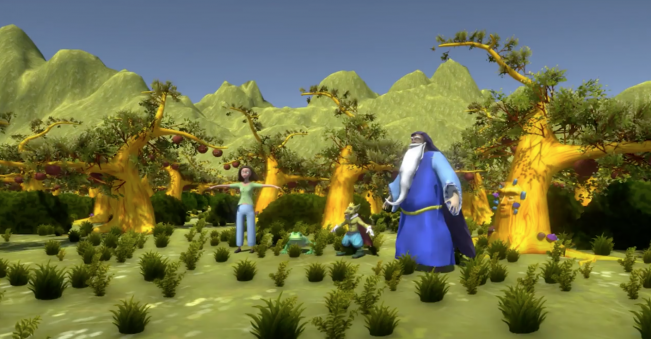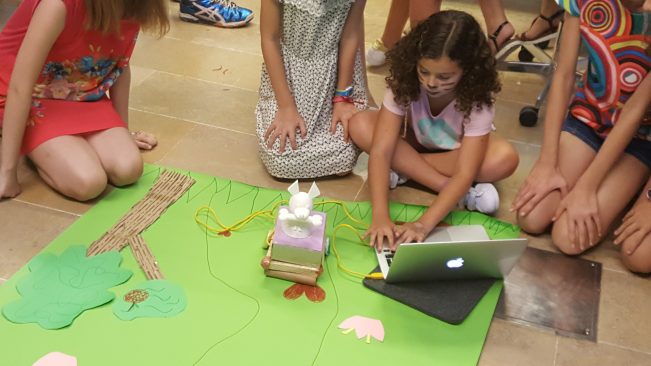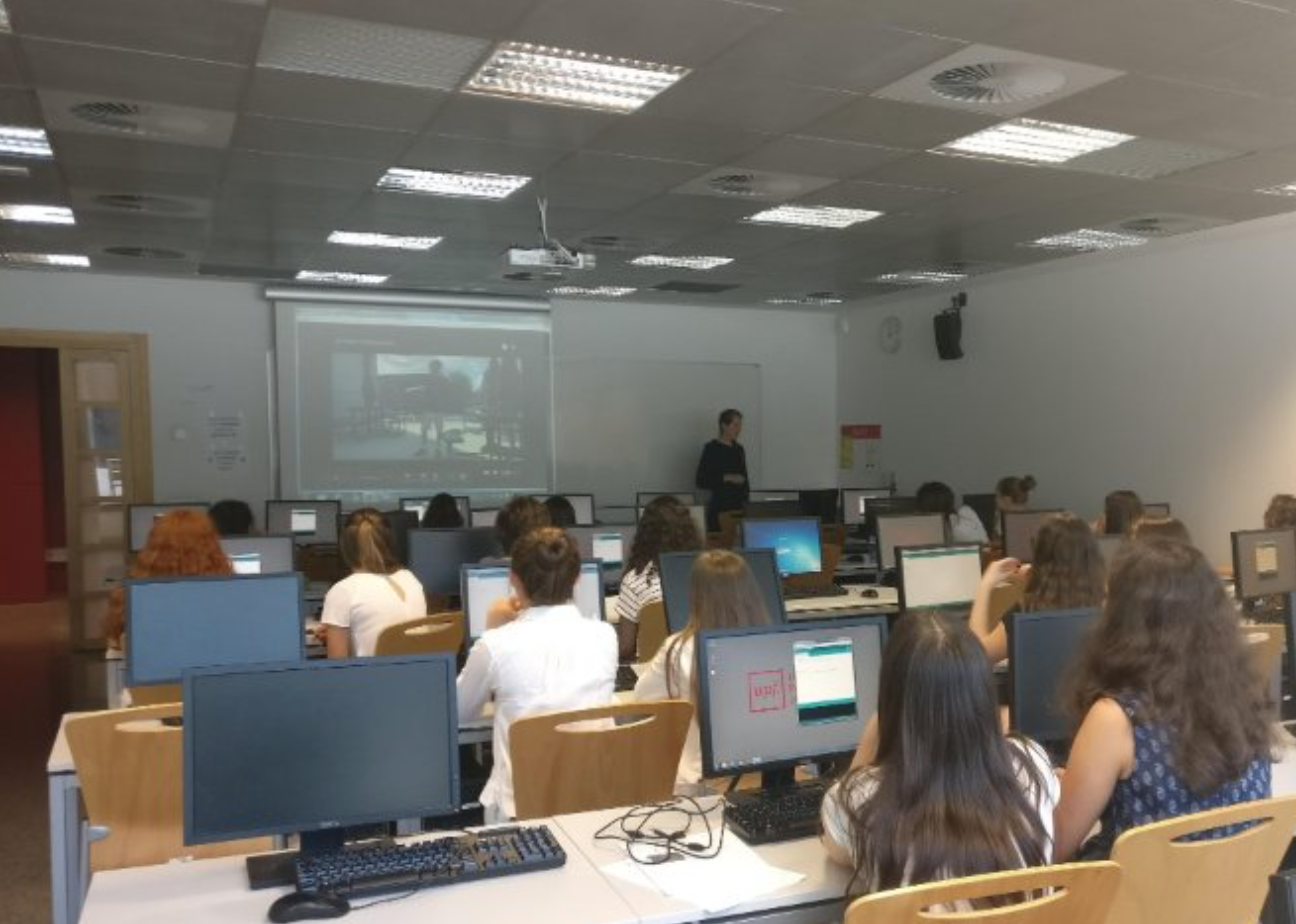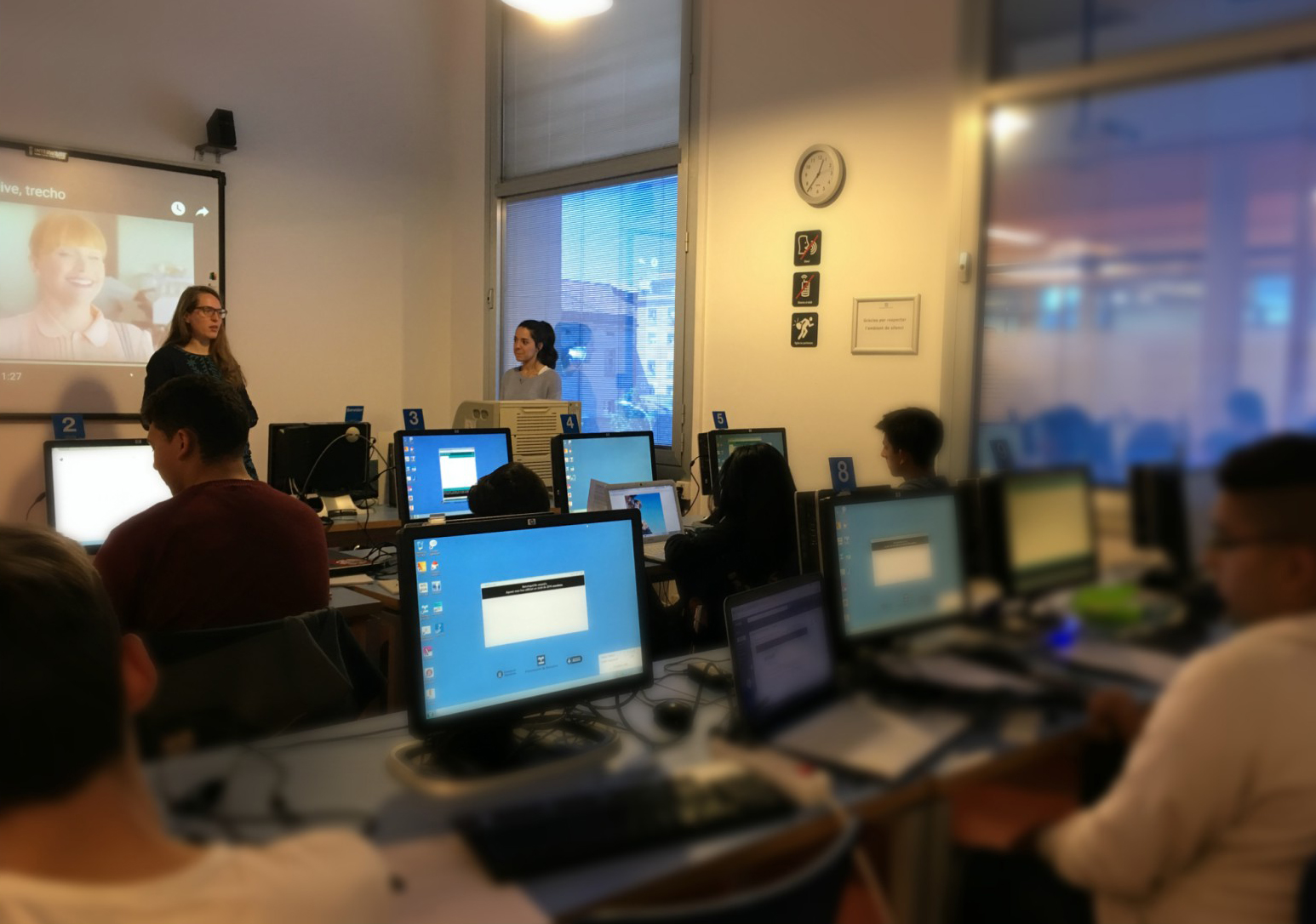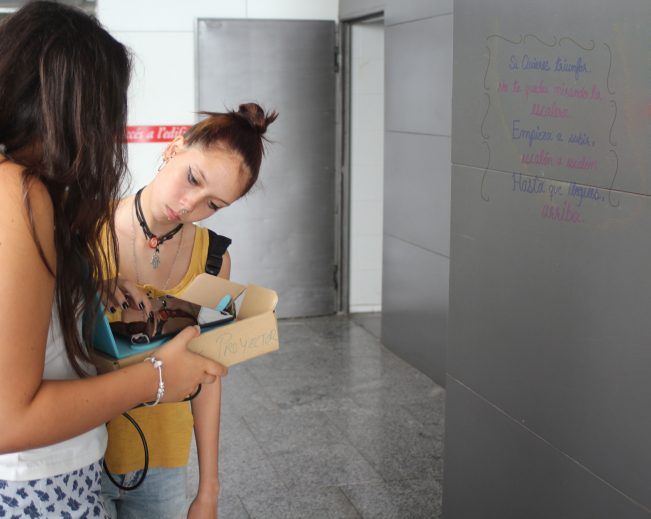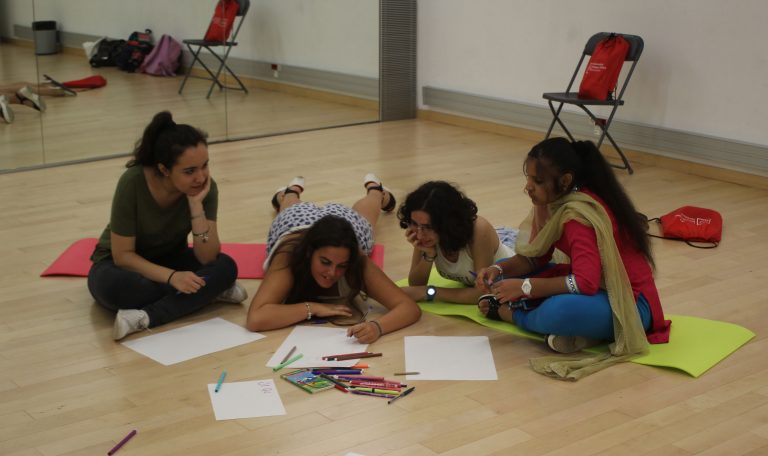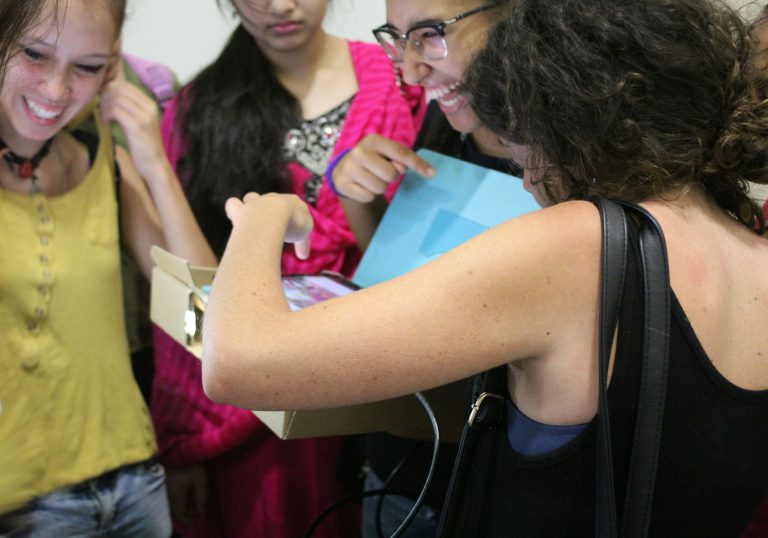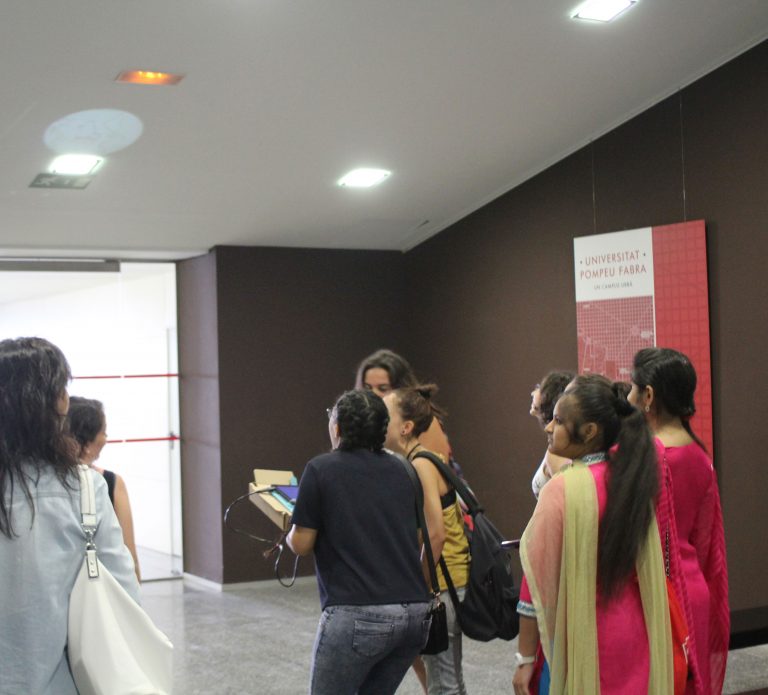Gender literacy through the making process: A feminist pedagogy approach
This article aims at exploring how to support students’ awareness on gender stereotypes and the development of gender literacy through the making process of interactive toys. I present a case study with 22 primary students (11–12 years) from a public primary school in Barcelona (Spain) who were involved in a maker workshop series. Building on principles of transformative feminist pedagogy, the article shows exemplary design activities for children to create a space for dialogue and reflection upon gender stereotypes. To this end, the activities were used as a means to spark critical reflections among the students and to guide them in the design of prototypes of cross-gendered interactive toys. By analyzing students’ artifacts and verbal expressions during the discussions, the study illustrates how they gradually discover their own assumptions on gender stereotypes and were enabled to propose cross-gendered alternatives for interactive toys focusing on movement-based and collaborative activities. Finally, the article presents a set of educational activities that support students to reflect upon gender stereotypes in the making process and guidelines for teachers to integrate these strategies into their educational practices.








